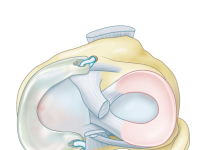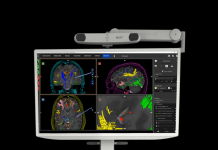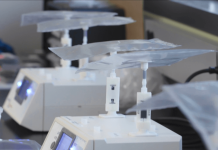Pantheon Vision has launched with $2.5m in seed funding to develop bioengineered corneal implants to treat corneal blindness.
The US-based ophthalmic device company was established by the non-profit KeraLink International. Pantheon aims to use bioengineered corneal implants to treat corneal implants to eradicate corneal blindness in developed and low and middle-income countries (LMICs).
Corneal blindness refers to a group of eye disorders that change the corneal transparency, causing corneal scarring and blindness. It can be caused by a variety of pathogens, including, bacteria, viruses, fungi, and protozoa. It is the fourth leading cause of blindness as per the World Health Organization (WHO).
The implants are expected to provide a suitable substitute for the donated corneal tissue, thereby, reducing the reliance on donors. Other approaches to developing corneal implants include 3D-printed artificial cornea.
RELATED: University of Nottingham secures £1.1m for trial of first iTraXs
The global market for persistent corneal epithelial defect management is currently valued at $8.5bn, as per GlobalData AI hub. The market is expected to grow at an 18% compound annual growth rate (CAGR) through 2033, reaching a valuation of $44.49bn.
Dr John Sheets, the former head of the Office of Device Evaluation at the Food and Drug Administration (FDA), has been appointed as the head of Pantheon.
“Development of novel therapeutic solutions is costly but critical to fulfilling our mission of eradicating corneal blindness,” said KeraLink’s board chairman Douglas J Furlong.
“We are proud to support Pantheon Vision’s promising work and anticipate a return on this investment that will allow us to fund additional innovative products, technologies, and services.”




